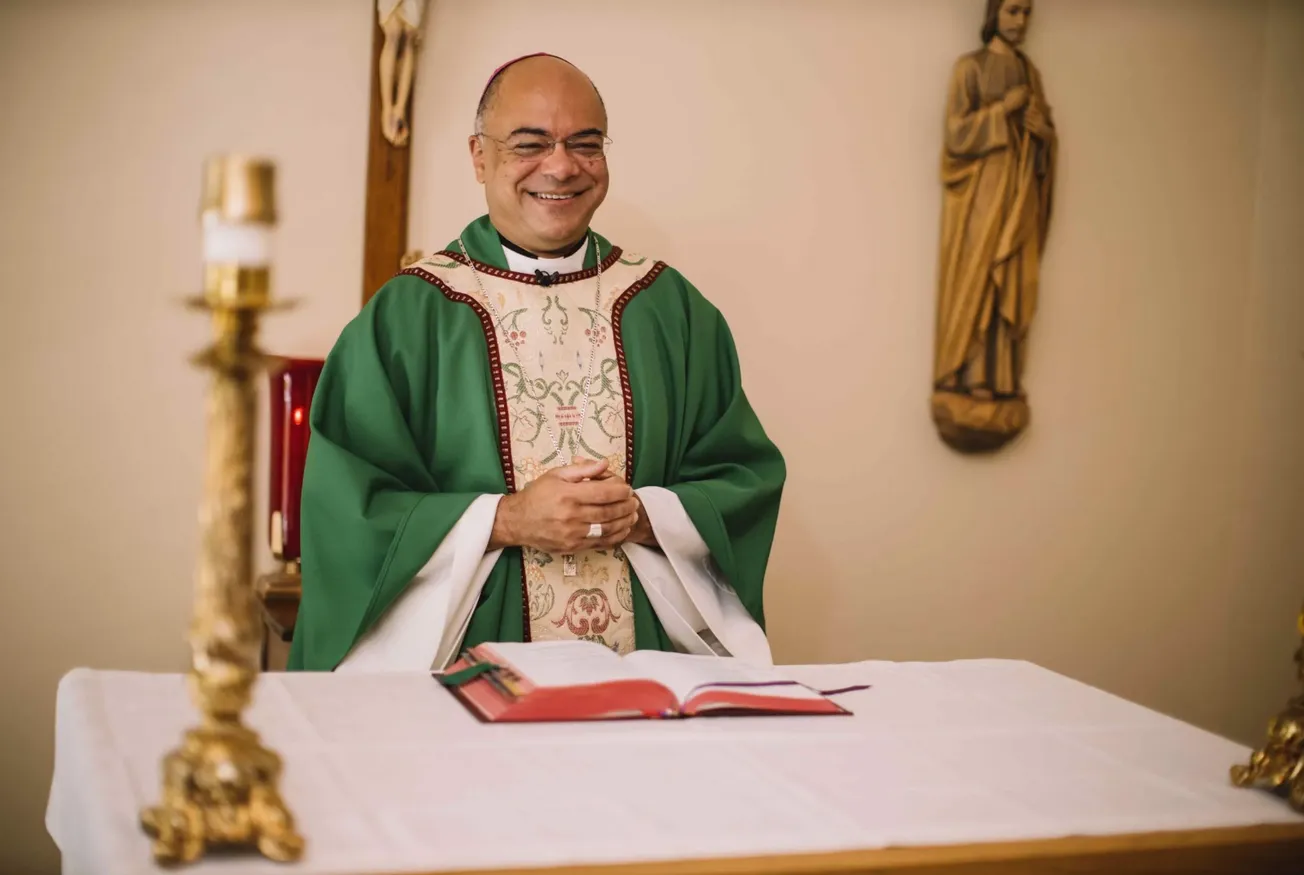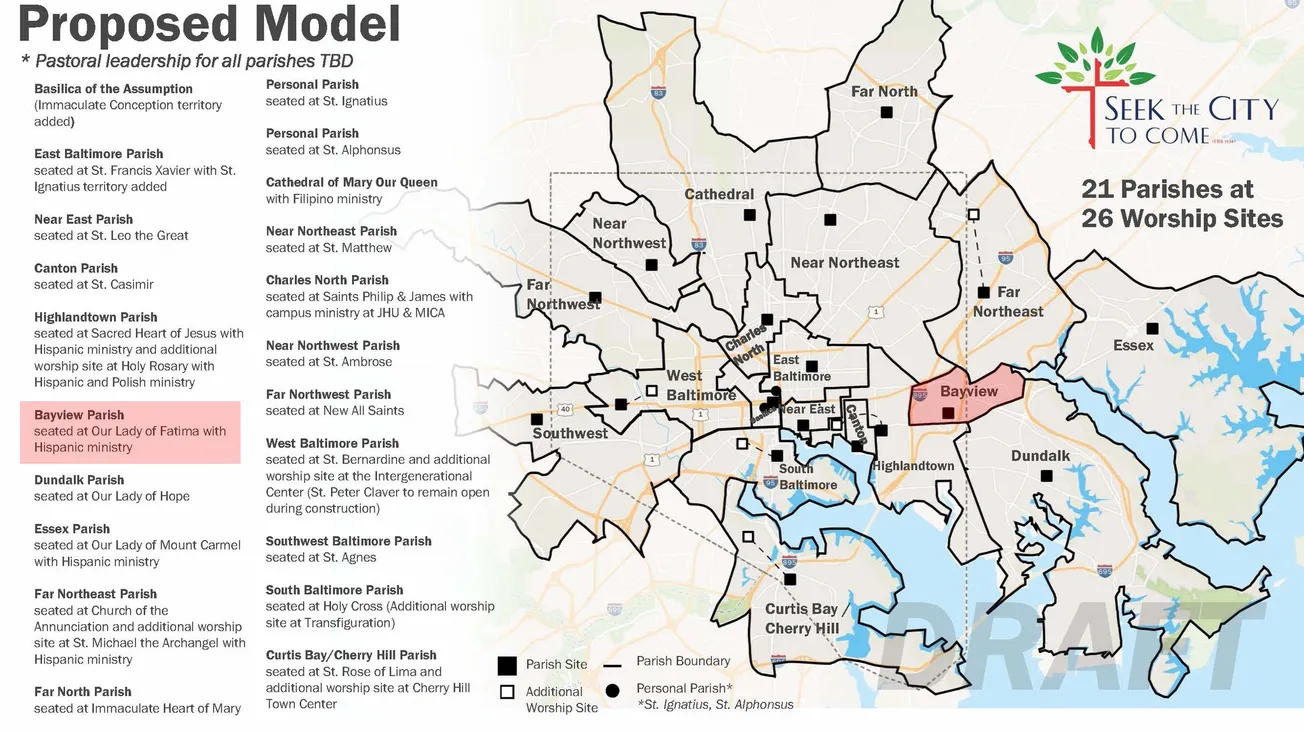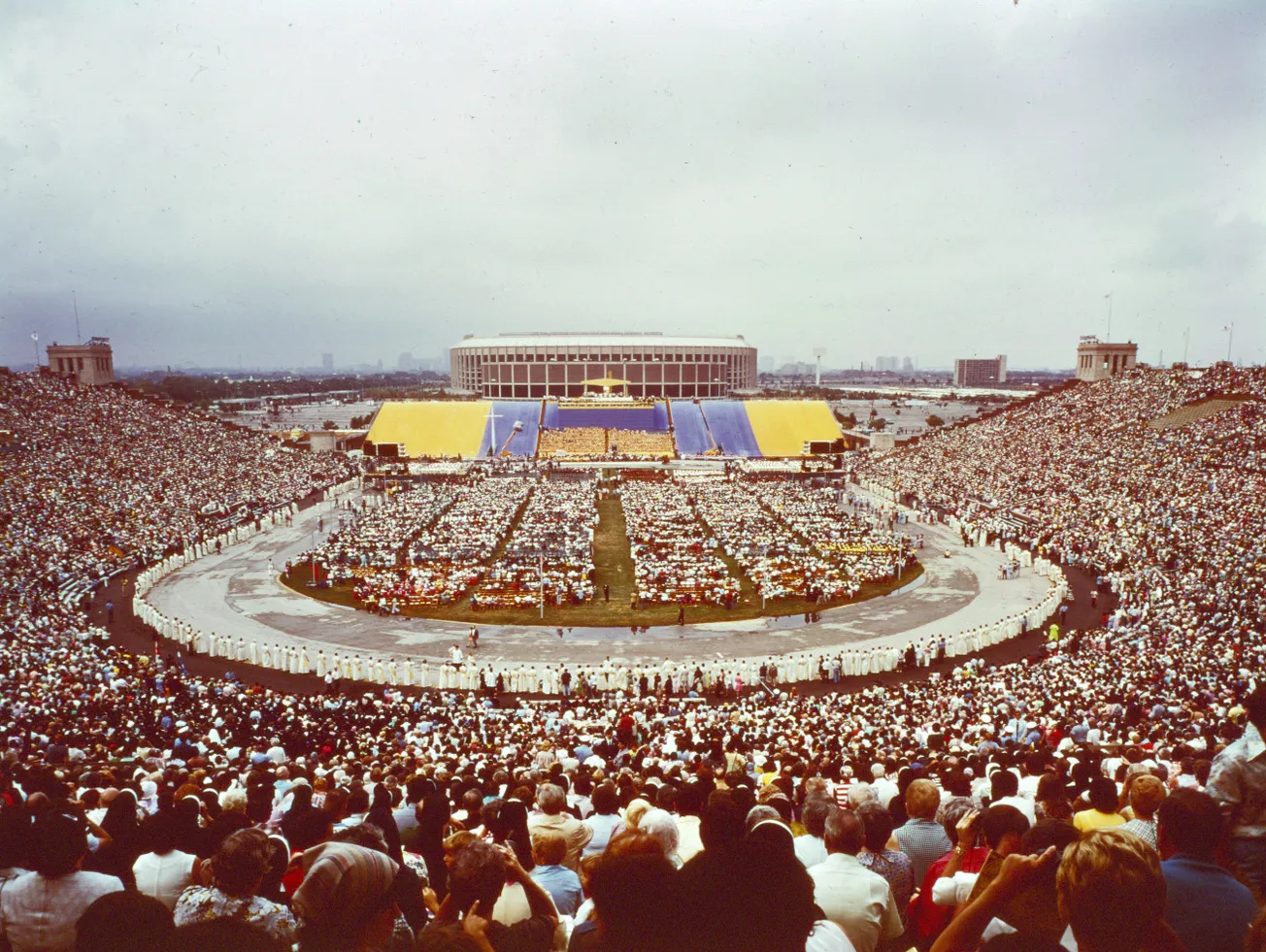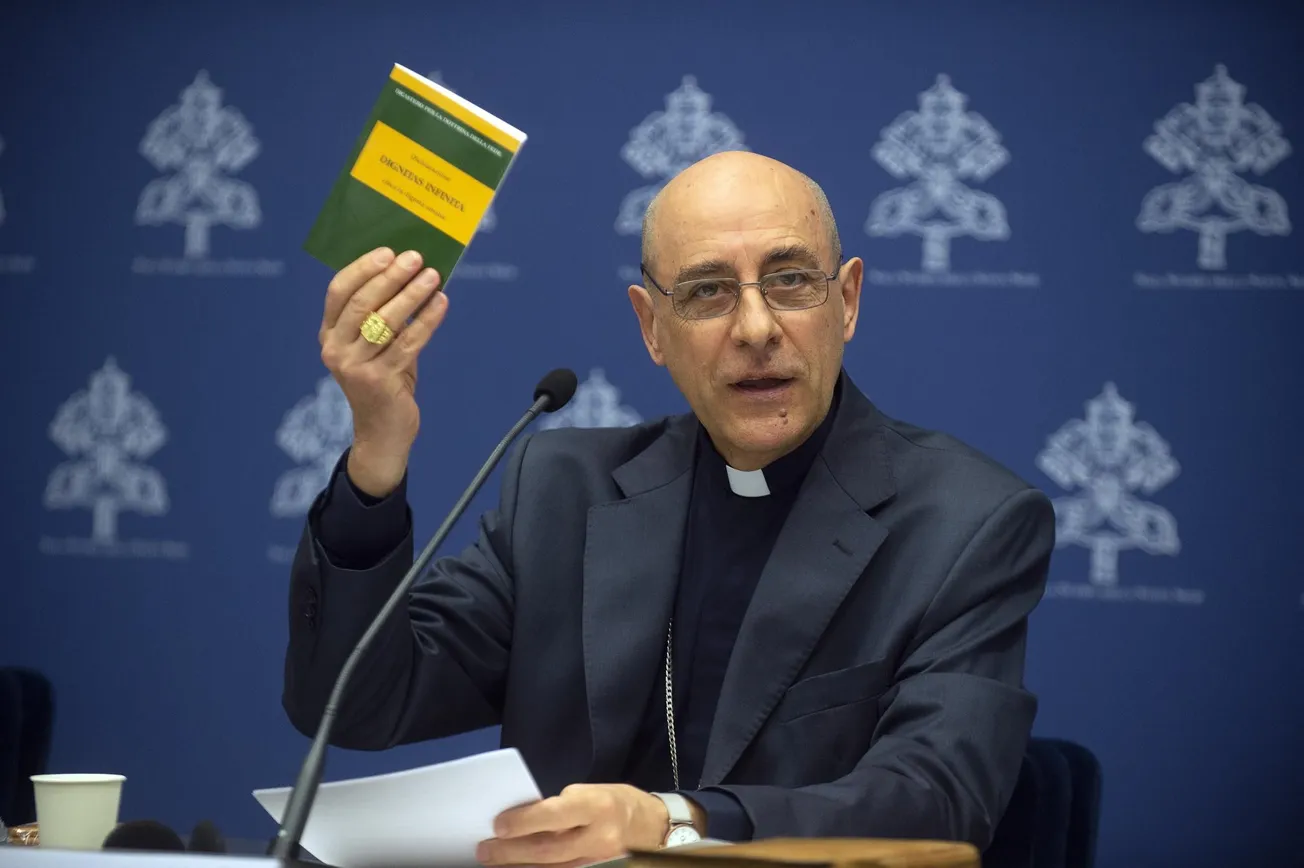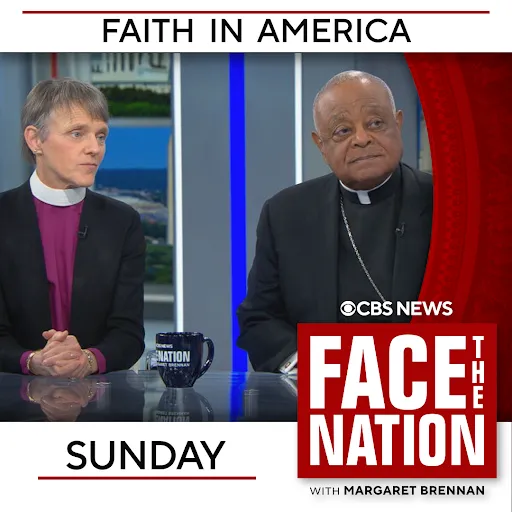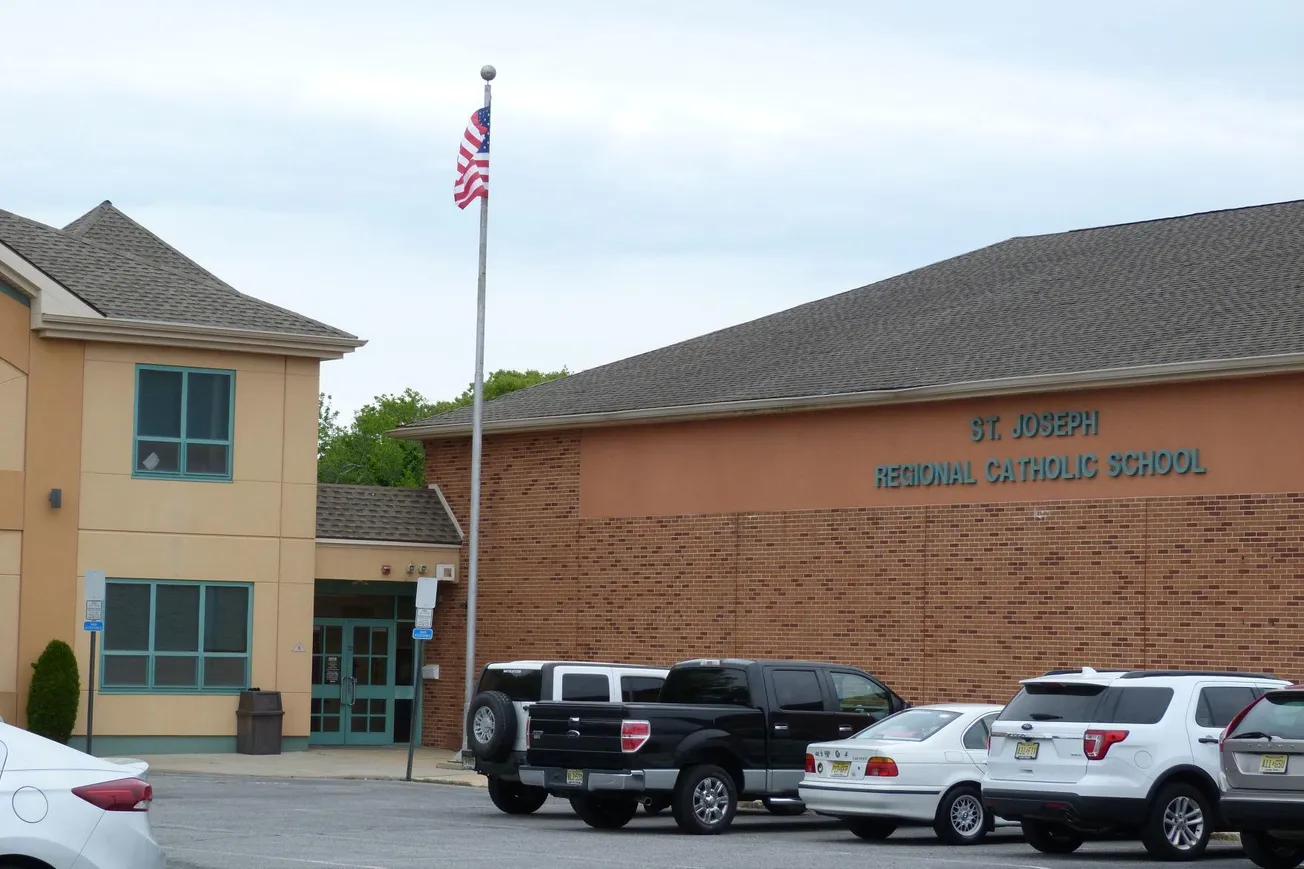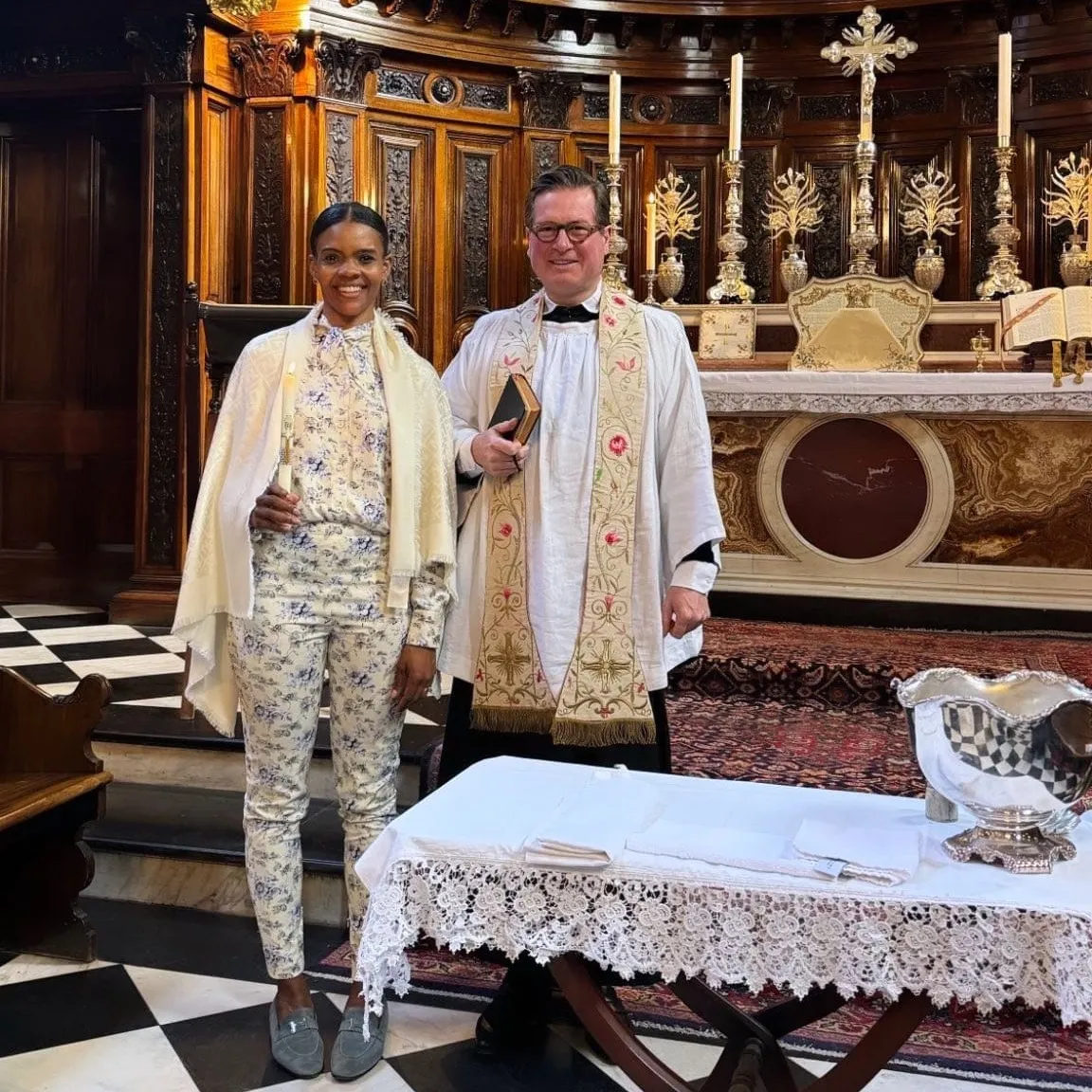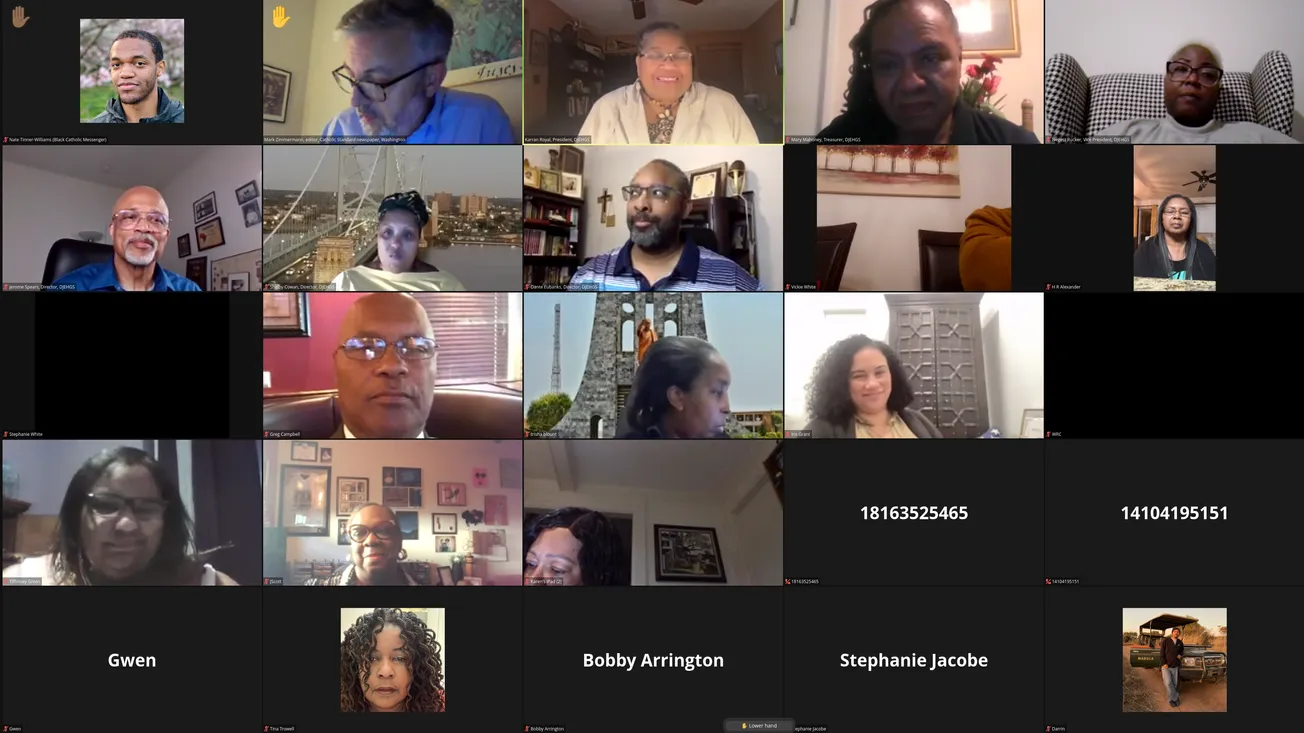On Wednesday at 2pm CT, the US Catholic Church will welcome its fourth Black archbishop in history, a product of the bayou, Belgium, and the Benedictines—but also very much a product of the African-American Catholic community.
Archbishop-elect Shelton Fabre, who departs the Diocese of Houma-Thibodaux for the fast(er)-paced Archdiocese of Louisville, was born and raised in New Roads, Louisiana, an eminently rural locale. It is situated in Acadiana, the home of all things Creole and Cajun, where Louisiana French was once the lingua franca and still reigns supreme in some quarters.
New Roads is not necessarily one of those places, but my one visit there was also the one time I’ve ever seen a conversation conducted by African Americans in a foreign language. “Foreign”, of course, only in one sense of the term.
The conversation was about God knows what—I do not speak a second language—and was conducted between a retired bishop, John Ricard, SSJ, and a parishioner of the town’s Black parish: St Augustine Catholic Church.
The occasion was a “first profession”, the ceremony conducted after the novitiate in religious life. In this case, the religious community was the Society of St Joseph of the Sacred Heart (also known as the Josephites), who specifically serve African Americans. Two young men were committing their lives to this apostolate in a historic church in a historic town, before a congregation full of Louisiana faithful, Black and Catholic.
Ricard was (and is) the Josephites’ superior general, and was in some ways at home himself on that day. His hometown of Baton Rouge is some 30 miles from New Roads, and his familial connections are no less close. Indeed, his cousin is Fabre—whose home parish is St Augustine’s.
On March 12th this year, Fabre returned to his roots there, presiding over a Farewell Mass in his honor among the community that raised him. It was his last visit before becoming in Louisville what no other Louisiana Black Creole has become before.
The archbishop-to-be was reared in the faith by the Josephites, like so many of his African-American brethren, and was inspired by them to become a priest. As noted last week in the Louisville Archdiocese’s newspaper, Fabre’s seminary journey was not without delays and discouragements, but concluded with his ordination in 1989—after a brief foray into monastic life at St. Joseph Abbey in St. Benedict, Louisiana.
His cousin had become a bishop just five years prior, during what could be called the height of the Black Catholic Movement, which inspired much of the inculturation seen in African-American Catholicism today. It was also the era when Black bishops first became a force of note in the US Catholic Church, with Ricard being one of the “original 10”.
Ricard’s fellow Josephite within that group, Eugene Marino, SSJ, became the nation’s first-ever archbishop just a year before Fabre’s ordination, when he took possession of the Archdiocese of Atlanta in May 1988.
Ricard himself was also likely to become an archbishop, serving as Bishop of Pensacola-Tallahassee beginning in 1997. Instead, complications from a stroke brought his early retirement in 2011 at the age of 71. His tenure was lauded—and peppered with statements on various matters of faith and justice. This continued even after his retirement, with statements on the likes of George Floyd and Ahmaud Arbery coming well into his 80s, and as recently as last year.
His kinsmen Fabre, 58, who became a bishop in New Orleans in 2006, has played a similar role in the episcopacy. He has been chair of the US bishops’ Ad Hoc Committee Against Racism since 2018, spanning nearly the entirety of the ongoing US racial reckoning. The committee was formed in 2017, and Fabre had headed Houma-Thibodaux since 2013. Ricard is among the committee consultants.
Even in transition, Fabre's work has not stalled. Within weeks of his appointment to Louisville, he was found on the Gloria Purvis Podcast, discussing “wokeness”, synodality as a response to racism, and the need for Black Catholics to embrace their own righteous anger at injustice.
It has often been the task of the nation’s Black Catholic bishops to speak out on matters of injustice, and Fabre was perhaps the first to have an individual role formalized in such a crucial time of national introspection. He was certainly the first to singularly lead the release of a USCCB pastoral letter on racism, with 2018’s “Open Wide Our Hearts”. (The Black bishops had released their own letter in 1984, on Black Catholic evangelization.)
I must admit: I have been critical of Fabre at times, as a rowdy convert who expected a certain umph from such a committee head, a bullish quality that might put the fear of God in a racist—not just His love. This quality is hard to put a finger on. A kind of je ne said quoi, as a Creole might say.
Fabre is a soft-spoken man, and yet powerful all the same. Gentle in his speech, but precise in his wording. I might still prefer a harsher tone when I hear someone speak on matters of justice and Black freedom, but does that mean it is the only way?
My own bishop, Wilton Gregory, the only sitting African-American archbishop and the nation’s first Black cardinal (also one of the “original 10”), is similarly reserved in his speech, but I have been nothing but impressed with his willingness to speak out on various issues, including now on the War in Ukraine.
My former auxiliary bishop, Fernand Cheri III, OFM—among the newer crop of Black prelates, like Fabre—is known much more for a booming speech and presence. He, like Ricard, Fabre, and several Black bishops before them, fills the role of the prophetic Creole, filled with all the fire of South Louisiana, but he does so with his own style and passion.
Must I pick and choose? Or is there something in the meta-office of “Black bishop” that in itself is crucial—a position that must be honored for what it is, filled by men who vary in their personae but unite in their advocacy for their people?
And so now, on the eve of history, I find myself wondering: what kind of Black Catholic will I be, in response to such an auspicious moment? Overly critical? Full of unreasonable expectations? Or is it my role instead to pray for and support a man departing his cultural homeland to lead a flock far removed from the Deep South, and in need of its own kind of care and advocacy?
I think the answer is clear enough. May God give us all the wisdom to embrace it.
#BlackCatholicHistoryMonth - Last Day
— Fr. Bruce Wilkinson (@PadreInAtlanta) November 30, 2020
The original 10 - The US Catholic Black Bishops -
Wrote the 1984 “What We Have Seen and Heard” * A
Pastoral Letter To/For the Black Catholic Communities in US. Only 3 of these pictured bishops still are living today. pic.twitter.com/KfVVWuifz7
Nate Tinner-Williams is co-founder and editor of Black Catholic Messenger, a seminarian with the Josephites, and a ThM student with the Institute for Black Catholic Studies at Xavier University of Louisiana (XULA).


